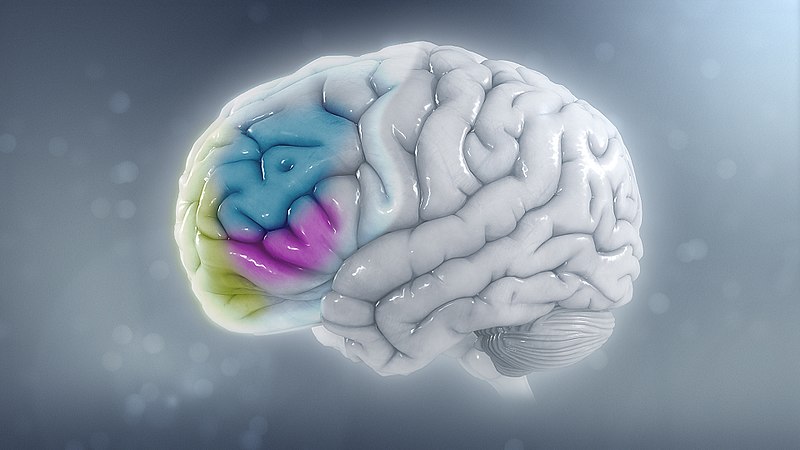ADHD medicine works but comes with drawbacks
December 12, 2019
When I was only 13, I was diagnosed with ADD and immediately put on medication for it.
It’s a common story. According to the Center for Disease Control, about 1 in 11 children live with Attention Deficit Hyperactivity Disorder, which can cause one to have lack of focus, hard time paying attention to detail, trouble with memory, and organization issues.
The condition, which mainly affects children and adolescent boys, can be, in a sense, “cured” through certain medication, but is putting a child on this medication the best choice? It’s a hard question to answer.
The medication does help with school work. It was a grade booster for me, and it did help me keep my focus when I was in school. I don’t believe it made me “smarter” in any way, but it helped me pay attention to the material being presented to me so I could better understand it.
Another positive: The drug does not stay in the body for very long. Normally, the prescribed amount is enough to get the child through the day and the effects are completely gone by that night or when he wakes up in the morning.
However, there are drawbacks.
One major side effect of this medication that affected me the most is that it is a major appetite suppressant. It is very difficult to eat on a regular lunch and dinner schedule. Sometimes I wouldn’t be able to eat all day until the medicine had worn off late at night.
This side effect is what specifically leads to most of the other major drawbacks. It leads to a lack of energy throughout the day, which makes normal day-to-day activities harder than they used to be. Both of these side effects combined can even (in some cases) stunt a child’s growth.
When I took medication I actually lost a few pounds, which is very unusual for a skinny boy who is still growing.
Not only does this medication have a toll on physical health, but also on mental health. It can cause lack of sleep, which every teenager desperately needs, even though your body can feel fatigued when it wears off. It can also cause mood swings and irritability, which are very tough to deal.
Overall, maybe medicating ADD/ADHD isn’t the best idea because of the multiple physical and mental drawbacks it can have. Plus, the idea of this medication can be confusing. After a few years of taking it, I started asking, “Am I going to take this for the rest of my life? Do I plan to take it even as an adult at a desk job?”
Maybe we are too quick to push kids to take medication; short attention span and learning to pay attention are just part of growing up. You have to learn to cope with it and figure out your own style of learning.
In my opinion, I think the decision to be put on medication should be in the hands of the person taking it. Not only should they be educated about the drug, but also on how it will affect their life.







